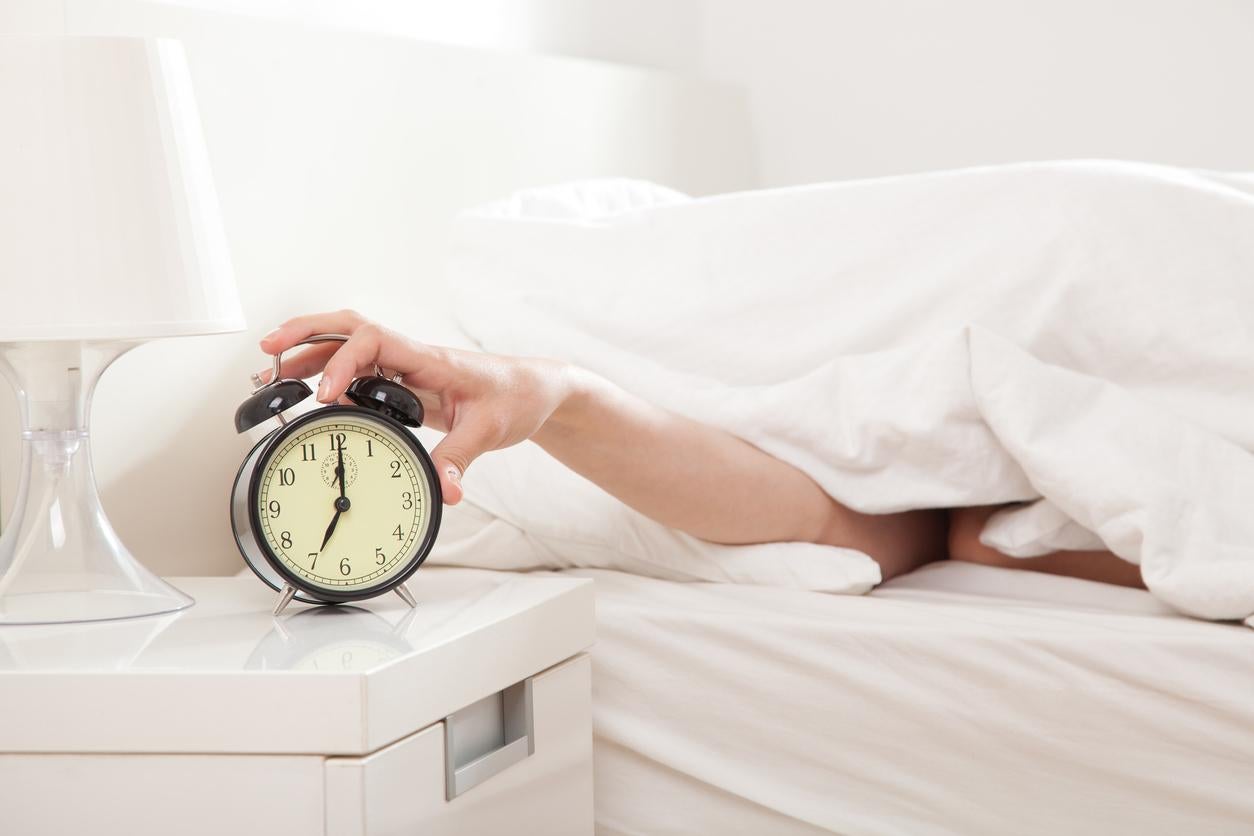Lying in at the weekend may lower heart disease risk by 20%
Planning on waking up early this weekend?

Your support helps us to tell the story
From reproductive rights to climate change to Big Tech, The Independent is on the ground when the story is developing. Whether it's investigating the financials of Elon Musk's pro-Trump PAC or producing our latest documentary, 'The A Word', which shines a light on the American women fighting for reproductive rights, we know how important it is to parse out the facts from the messaging.
At such a critical moment in US history, we need reporters on the ground. Your donation allows us to keep sending journalists to speak to both sides of the story.
The Independent is trusted by Americans across the entire political spectrum. And unlike many other quality news outlets, we choose not to lock Americans out of our reporting and analysis with paywalls. We believe quality journalism should be available to everyone, paid for by those who can afford it.
Your support makes all the difference.People who “catch up” on sleep at the weekend could be lowering their risk of heart disease by up to 20%, research suggests.
Data from more than 90,000 people in the UK suggests compensating for lack of sleep during the week with extra snooze time at the weekend can mitigate the negative effects of sleep deprivation.
Findings presented at the European Society of Cardiology Congress 2024 showed sleep-deprived people with the most “catch-up” sleep at weekends saw their risk of heart disease fall by a fifth, compared to those who had no extra shut-eye or slept even less at weekends.
Study author Yanjun Song, of the National Centre for Cardiovascular Disease, Fuwai Hospital, in Beijing, China, said: “Sufficient compensatory sleep is linked to a lower risk of heart disease.
“The association becomes even more pronounced among individuals who regularly experience inadequate sleep on weekdays.”
For the study, the authors looked at self-reported data from 90,903 people who are part of the UK Biobank project, which holds medical and lifestyle records of half a million individuals.
Of them, 19,816 met the criteria for being sleep deprived.
Hospital records and cause of death registry information were used to identify those who had heart diseases, heart failure, irregular heart rhythm and stroke.

Over a follow-up period of 14 years, the team found people with the most extra sleep (ranging from 1.28 to 16.06 hours of additional sleep during weekends), were 19% less likely to develop heart disease than those with the least amount of compensatory sleep (ranging from losing 16.05 hours to losing 0.26 hours over the weekend).
In a sub-group of people with daily sleep deprivation, those with the most compensatory sleep had a 20% lower risk of developing heart disease than those with the least, the researchers said.
Study co-author Zechen Liu, also of the National Centre for Cardiovascular Disease, said: “Our results show that for the significant proportion of the population in modern society that suffers from sleep deprivation, those who have the most ‘catch-up’ sleep at weekends have significantly lower rates of heart disease than those with the least.”
Commenting on the study, Professor James Leiper, associate medical director at the British Heart Foundation, who was not involved, said: “Lots of us don’t get enough sleep due to work or family commitments, and while a weekend lie-in is no replacement for a regular good night’s rest, this large study suggests that it might help reduce risk of heart disease.
“We know that lack of sleep can affect our overall wellbeing, and this research is an important reminder of how important it is to try to get at least seven hours sleep every night.
“We look forward to future studies to better understand how sleep patterns can impact the heart and how we can adapt modern lifestyles to help improve our health.”